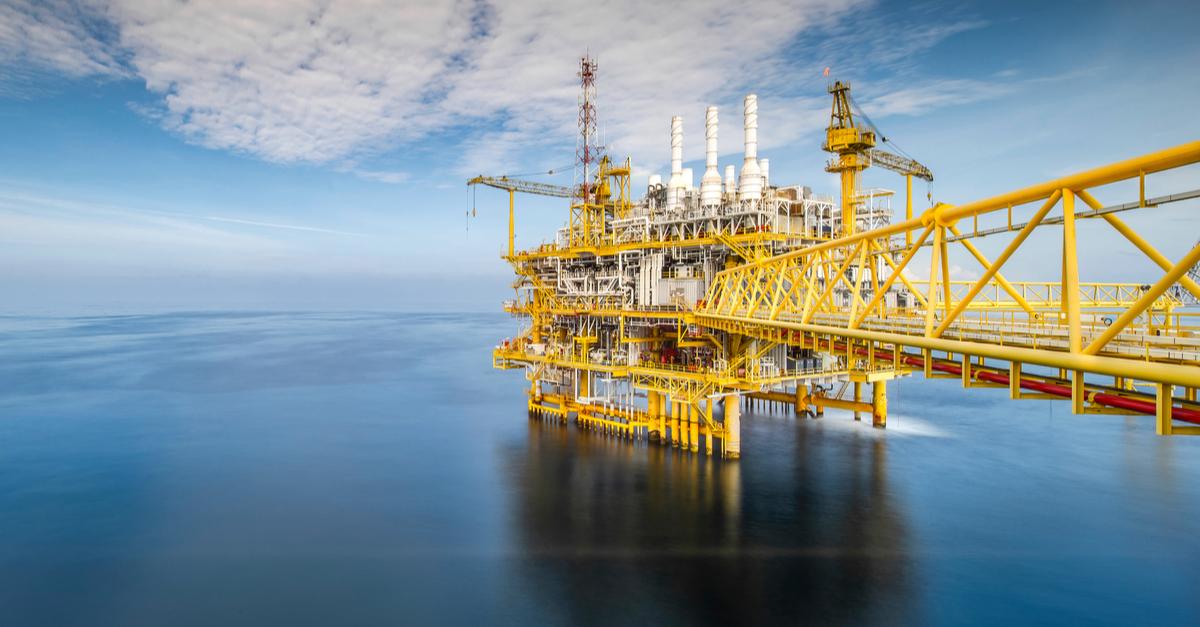Away from the dominant headlines now flowing from the Pandora papers, is the news that UK publicly listed Petrofac had paid a USD 105 million (GBP 70 million) fine for corruption in the Middle East. The corruption scandal has been in the news for some years together with the Unioil scandal, so the salient facts need not be repeated here.
The news that David Lufkin (former Global Head of Petrofac Sales) had been sentenced to two years jail suspended for eighteen months may strike some observers as a remarkably light sentence. In effect he can escape doing any jail time at all. Given the acknowledged heinousness of his crimes, he avoided custodial penalties handed to many persons convicted of crimes that have arguably done less harm to a wider society.
It should be remembered, though, that Lufkin was a co-operating witness, and had pleaded guilty to 11 charges against him. Both circumstances are huge factors in his favour. Although we are not privy to the discussions between the SFO and the UK Ministry of Justice, it is highly likely his evidence was crucial to securing the conviction of Petrofac for the corporate criminal offence – which under the UK Bribery Act is failing to prevent bribery.
Although there is never an easy answer to the compromises prosecutors have to make in weighing the public good, the case does highlight two of those difficulties, namely the difficulty of prosecuting without co-operation from a culpable party, and secondly the risk that individuals will walk away either unscathed or only lightly scathed, thus reducing the deterrent effect.
Although Petrofac’s co-founder Maroun Semaan was implicated in the bribery scheme, he died around the time the corruption scandals came to light. The other co-founder, and erstwhile CEO, Ayman Asfari, is a major donor to the conservative party in the UK and was appointed by David Cameron to be a business Ambassador for the UK in 2014. He was arrested and interviewed by the SFO in May of 2017 before being released without charge.
Asfari still sits on the board of Petrofac as a non-executive director and together with his family has a declared 18.8% interest in the company. Since the announcement of the fine Petrofac’s share price has risen 24% and it has risen 62 % in the past year. That said it is still well off its pre-scandal highs, although it was on a downwards trajectory long before the scandal came to light. Its share price has been moving downwards since 2012, and the bribery news caused a precipitous dip that was later largely expunged as the share-price returned to its long-term moving average. In other words, the bad news was very quickly factored into the share price, and a focus on fundamentals (not malfeasance) returned to the driving seat.
So what can we conclude? Without in any way impugning Asfari it could be said he has come out of this relatively unscathed. As the CEO at the time of the bribery events named in the 11 Lufkin charges things could have been far worse for him.
In Court Petrofac’s defence council stated that the Petrofac’s three most senior executives in court did not bear “personal responsibility” for what happened but accepted “personal responsibility for making right what went wrong.”
It is hard to see how that is going to happen, however, when there has been so little cost to people (like Asfari) who benefitted most from Petrofac’s corrupt dealings. The question of accountability continues to be an issue. This goes for the conservative party too. They might claim due diligence was done on Asfari at the time donations were made, and at the time there was no hint of impropriety but given subsequent events they clearly lacked a process to review previous decisions. This is an essential part of any set of controls centred around due diligence.
So, the questions remain, what should happen to monies tainted with corruption, and can corporate bribery be stopped if the buck stops no-where in sight?
The author leads TSG’s Advisory Services. He has spent many years in law enforcement and banking specialising in financial crime risk and compliance. TSG is a Research (including due diligence) specialist, also offering Ethics Compliance and Advisory services to its clients. TSG offers expertise in Eastern Europe, as well as East Asia.

